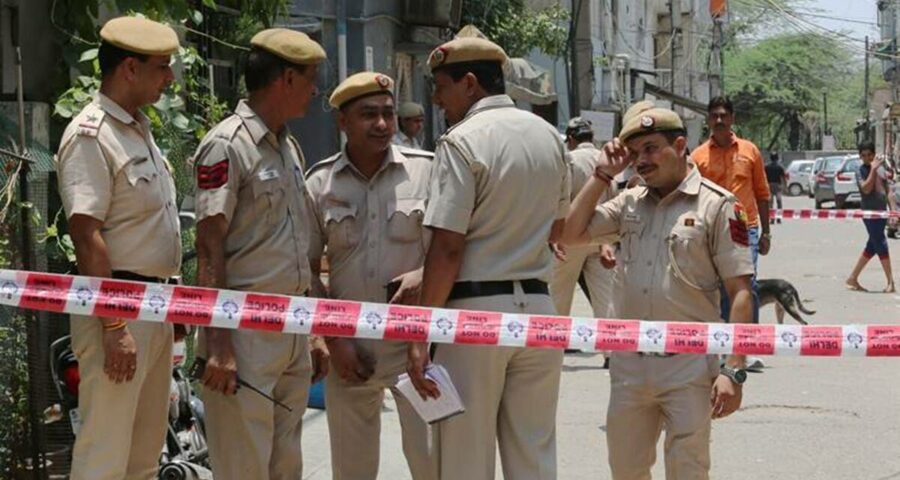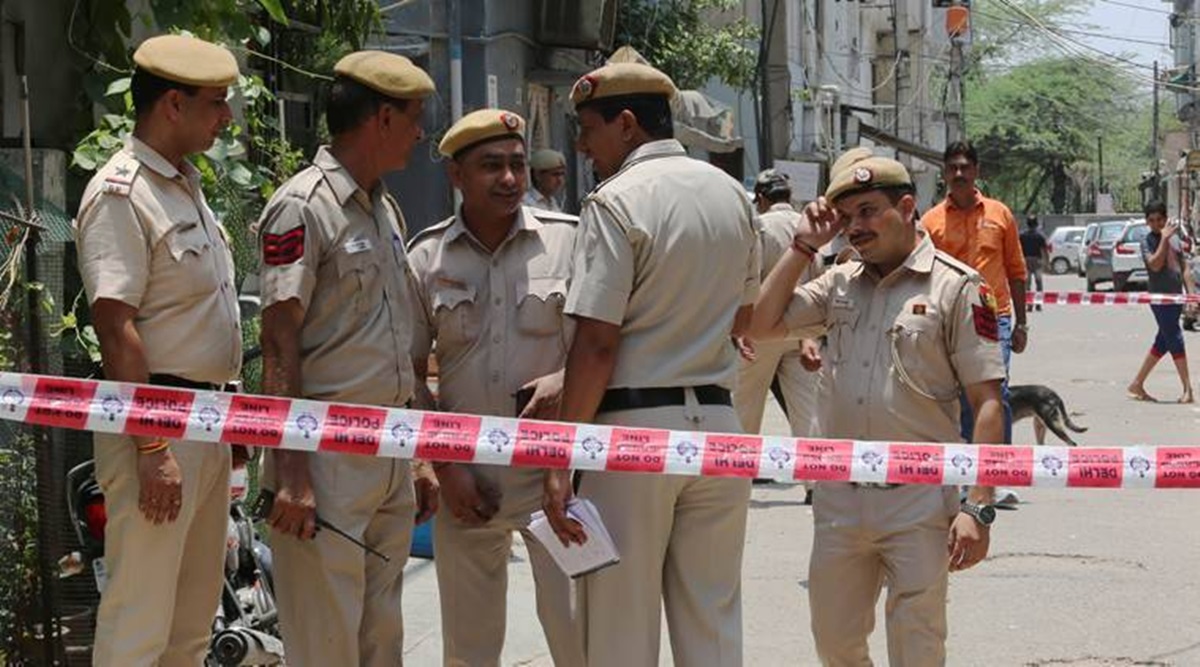Given the casteist and classist nature of policing, it is clear that increasing the penalty would render oppressed communities more vulnerable.
Last month, the Madhya Pradesh assembly passed an amendment to Section 49-A of the Madhya Pradesh Excise Act 1915, enhancing the possible sentence for its violation to the death penalty. Section 49-A of the Act prescribes the penalty for offences related to liquor that is unfit for human consumption or “spurious”. It is already the most serious offence under the Act, with the possibility of life imprisonment for repeat offenders. The amendment follows recent deaths caused by spurious liquor in Mandsaur and Indore; the Statement of Objects and Reasons of the amendment declares that the penalty has been increased to “deter people from indulging in this illegal activity”.
However, a recent report, “Drunk on Power: A Study of Excise Policing in Madhya Pradesh”, by the Criminal Justice and Police Accountability Project found that Section 49-A is the Act’s most sporadically policed offence. The majority of excise arrests were made under the bailable Section 34(1) (47.41 per cent of total excise arrests). Arrests under the non-bailable Sections 34(2) and 49-A were recorded at 6.08 per cent and 0.78 per cent respectively.
The report found more than half of all accused belonged to oppressed Dalit, Adivasi and Bahujan communities. Vimukta (denotified tribes) communities such as the Kanjars and Kuchbandhiyas, previously criminalised under the colonial-era Criminal Tribes Act 1871, were arrested in disproportionate numbers.

There are two ways in which one may obtain bail from the police — either by executing a personal bond, promising to pay a sum on failing to appear before the competent court; or, by having somebody deposit the bail amount. The first option, where no money needs to be paid upfront, is less onerous on the accused and yet, was pursued in only 30 per cent of FIRs. By default, the police opted for the latter option, and the bail amounts ranged from Rs 2,000 to Rs 10,000. When an accused is unable to obtain bail from the police, or the offence is non-bailable, they approach the courts and bail amounts rise further still — Rs 10,000 at the district courts, and Rs 50,000 at the High Court.
Throughout this process, the courts and the police mechanically set bail amounts without regard to the accused’s capacity to pay. More often than not, these are back-breaking sums for the accused, most of whom hail from oppressed castes and marginalised communities. Arbitrary bail amounts and expenses such as lawyers’ fees and bribes further push the accused and their families into insurmountable inter-generational poverty. This is especially pronounced for those who get implicated in cases multiple times, because of which they are designated “habitual criminals” and asked to furnish sequentially higher bail amounts. Such repeatedly accused persons are overwhelmingly likely to belong to oppressed castes; for instance, in the report, 64 per cent of all such “recurrent” accused persons in the FIR sample belonged to SC and ST communities, including the Vimukta communities.
Therefore, given the casteist and classist nature of excise policing, it is clear that inflating the penalty under Section 49-A would render these oppressed communities more vulnerable. Previous research on the death penalty has concluded that it does not have a deterrent effect and that it has a disproportionate impact on socially and economically marginalised communities. Thus, apprehension must replace enthusiasm in assessing this recent move by the MP assembly, and the realities of excise policing in the state must prompt serious reflection on what purposes the law, in fact, serves.
Pradhan and Khare have co-authored the report ‘Drunk on Power: A Study of Excise Policing in Madhya Pradesh’ along with other members of the CPA Project
Source: Read Full Article


